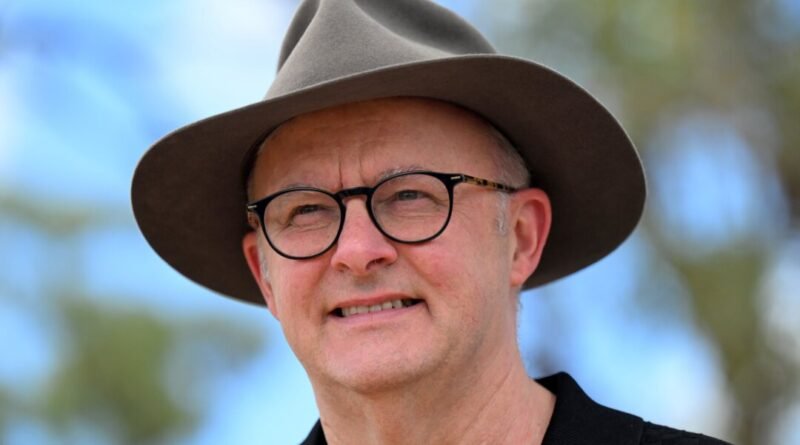Building Homes in Aboriginal Regions: Will It Make a Difference with 4 Billion Reasons?
Public money is essential in remote Aboriginal areas, which is why changing things is so challenging.
Commentary
The Australian prime minister has pledged $4 billion (US$2.6 billion) of taxpayer money for housing in remote communities across the Northern Territory, calling it a “historic investment.”
Despite the term “investment,” the likelihood of a return seems doubtful.
Prime Minister Anthony Albanese stated, “The Northern Territory faces the highest level of overcrowding in the country, a situation we aim to reduce by constructing 270 houses annually.”
The specific Aboriginal communities set to benefit from this funding were not specified. Given the rapid deterioration of houses in these regions, it will be a challenge to keep pace with the demand. The question remains – is this truly an investment?
Aboriginal Housing NT CEO Skye Thompson believes it is.
Ken McNamara from Wollongong offered a contrasting perspective.
In a recent Letter to the Editor of The Australian newspaper, he opined, “These communities are economically unsustainable. That’s why they were left undisturbed for so long. Keeping people ‘on country,’ regardless of economic realities, only perpetuates the gap.”
As an Indigenous individual, my family experienced a natural experiment on whether staying “on country” was preferable.
My grandmother was raised off the mission as an orphan to work as a servant. Her close relatives, however, remained on the mission. Two generations later, our family has achieved economic, health, and spiritual stability, with a couple of doctors among us.
In contrast, those who stayed on the mission have struggled with unemployment, shorter lifespans, and various associated challenges.
It is evident that providing opportunities for education and career development to young people in remote communities is crucial to bridging the gap. Holding onto outdated traditions and a bygone way of life will not lead to progress.
Both the Commonwealth and the Northern Territory have previously funded housing for individuals unable to maintain them.
People’s ability to upkeep their homes appears to be dwindling, with many lacking the willingness or know-how to do so.
This investment aims to narrow the divide between Indigenous and non-Indigenous Australians. However, these areas lack the economic foundation to generate capital, making them capital drains that are unlikely to change.
The prime minister announced the housing initiative during a visit to the Binjari community near Katherine, Northern Territory. Coincidentally, I received correspondence the following day from a colleague in Katherine:
“We have approximately 30 NGOs and agencies in Katherine, receiving millions annually. For a town like Katherine, the surplus of agencies, with little visible impact from the funds spent, raises questions.”
“Interestingly, when the business community raised concerns about crime, theft, and vandalism affecting their operations, NGOs were reluctant to support a petition to Parliament, despite facing similar issues.”
There lies a significant revelation.
NGOs heavily rely on Aboriginal funding for their operations, including the recently announced Justice Reinvestment ($70 million), Safer Futures for Central Australia ($200 million), and Jobs for Northern Australia ($700 million).
As per my correspondent, “Aboriginal finances are the lifeblood of the region, making any meaningful change challenging due to resistance from those unwilling to embrace change.”
The so-called “historic” investment would be better diverted towards out-migration and essential services.
Erecting houses in remote, desolate areas to replace those destroyed by misconduct is a futile endeavor.
Continue investing taxpayer money, Prime Minister, but do not anticipate significant progress until policies prioritize people’s capacity, location, and culture over leaders’ self-interest.
Gary Johns chairs Close the Gap Research and is the author of The Burden of Culture.






